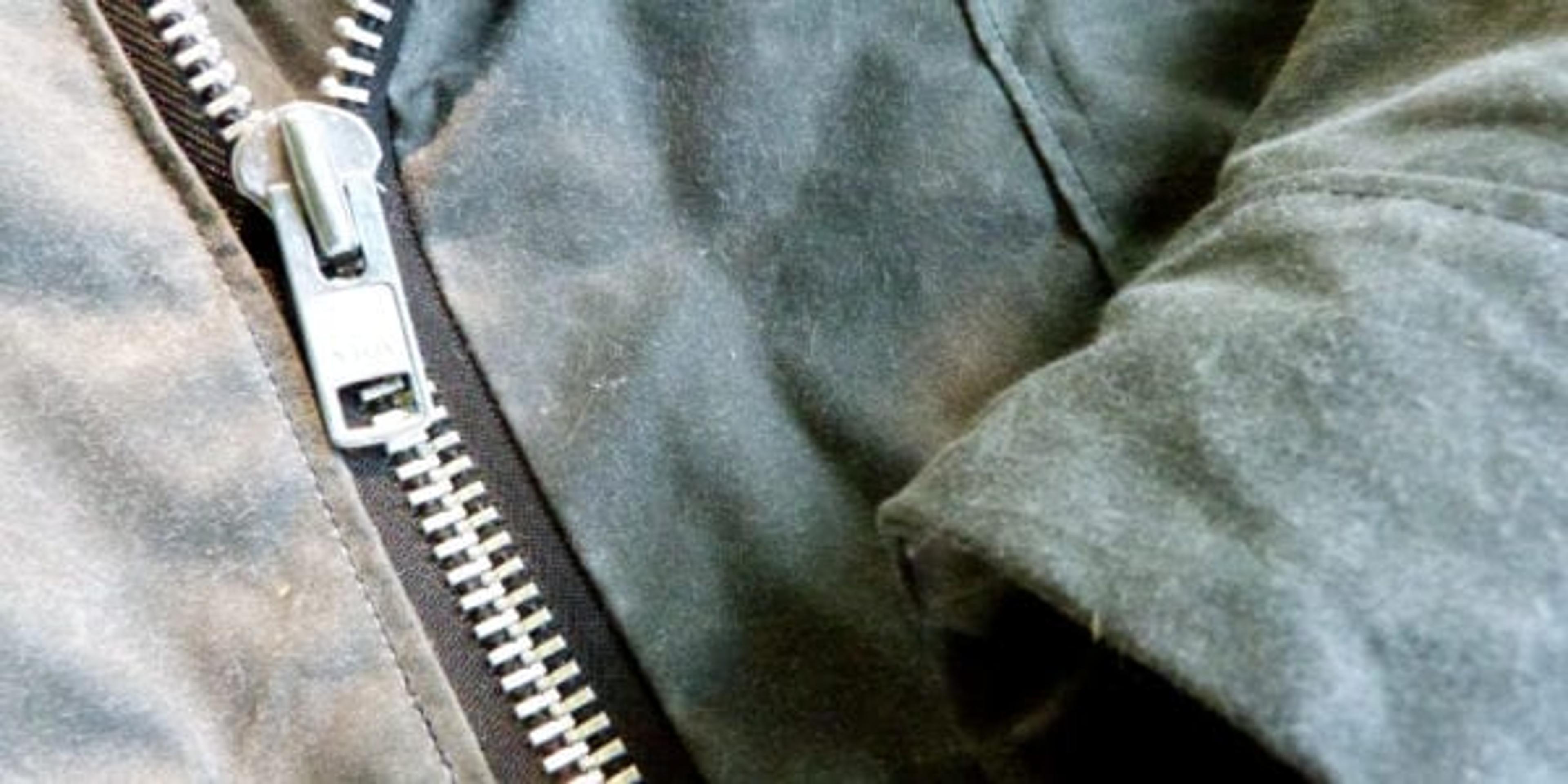Donating Coats to Charity? Read this First

Julie Bitely
| 2 min read

The giving season is upon us and with winter just around the corner, you might be thinking about digging through your closet for coats you and your family don’t wear anymore to give away.
We asked Cecile Matthews, Operations Manager at the St. Vincent de Paul thrift store in Grand Rapids about the do’s and don’ts of donating old coats, hats, and mittens. She said there’s always a big demand for children’s coats, but that outerwear for adults is also needed.
Make sure it’s clean and without flaws. This one may seem obvious, but Matthews said her store receives many garments that are torn and stained. She explained that many donations can’t be put to use and they end up being tossed.
Check the zipper and/or buttons. Are all fasteners securely attached? Do zippers go up and down easily? If you can answer ‘yes’, the garment can go in your donation bag.
Look inside. Check the coat’s lining for holes or other flaws. Refrain from donating jackets with rips in the lining.
If you’re donating mittens or hats, the same general rules apply: make sure they’re clean and without holes or problems with the linings. Make sure used gloves or mittens have a match and consider donating new – find deals at dollar stores and stock up throughout the year.
Matthews said people in need of a winter coat this season have the same desire for dignity and a clean and neat appearance as anyone else. If there’s any doubt about whether or not to donate an item, she advises people to consider whether they’d still put it on and go out.
“I would donate something I would personally wear myself,” Matthews said.
Does your family have an annual giving tradition? What and where do you donate? Tell us in the comments.
If you liked this post, you might also enjoy:
Photo credit: kelly





